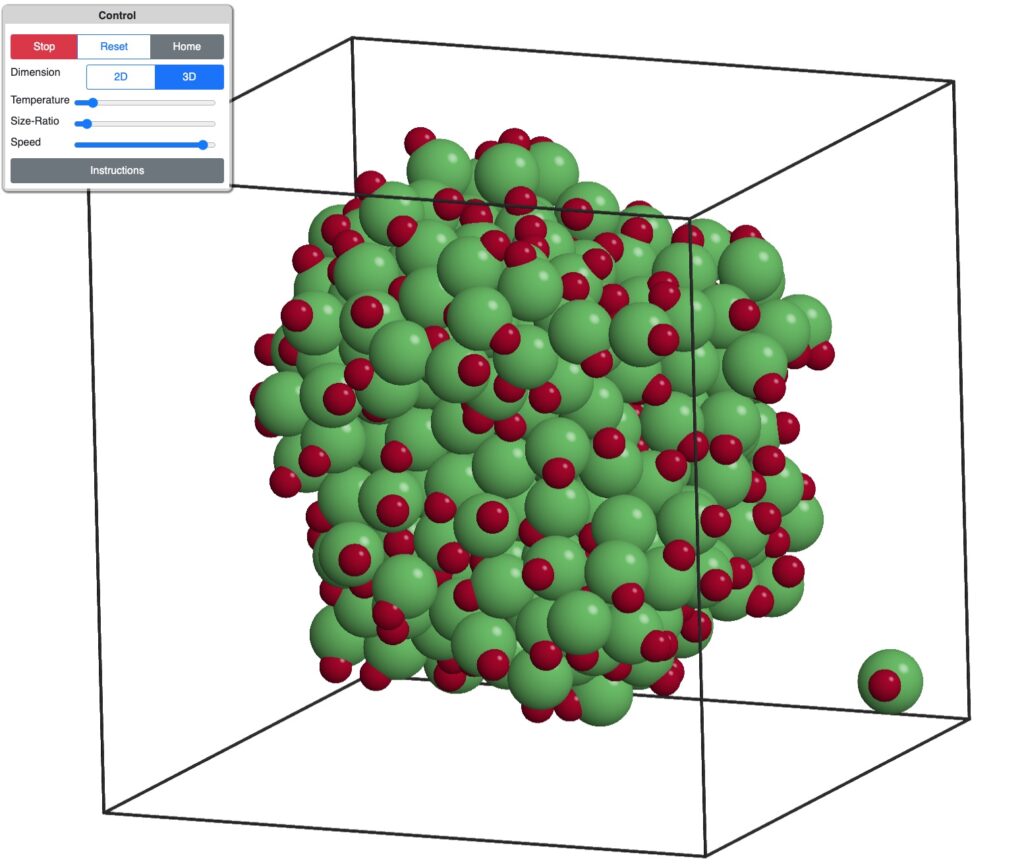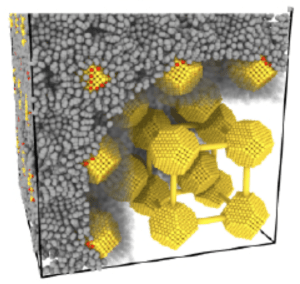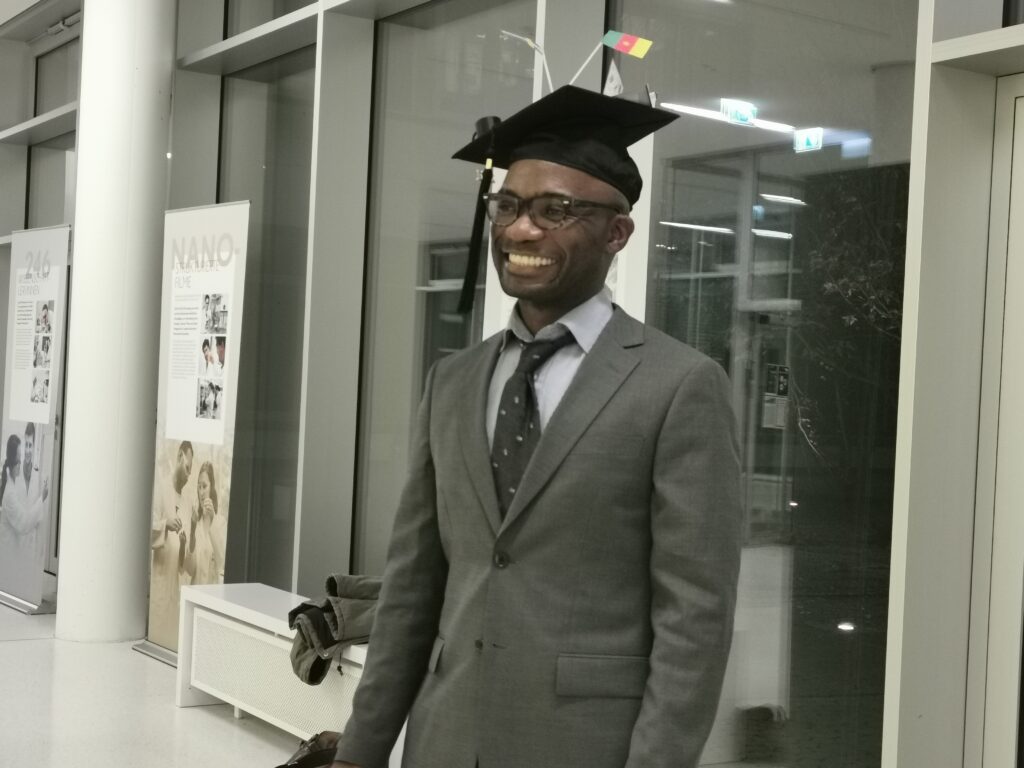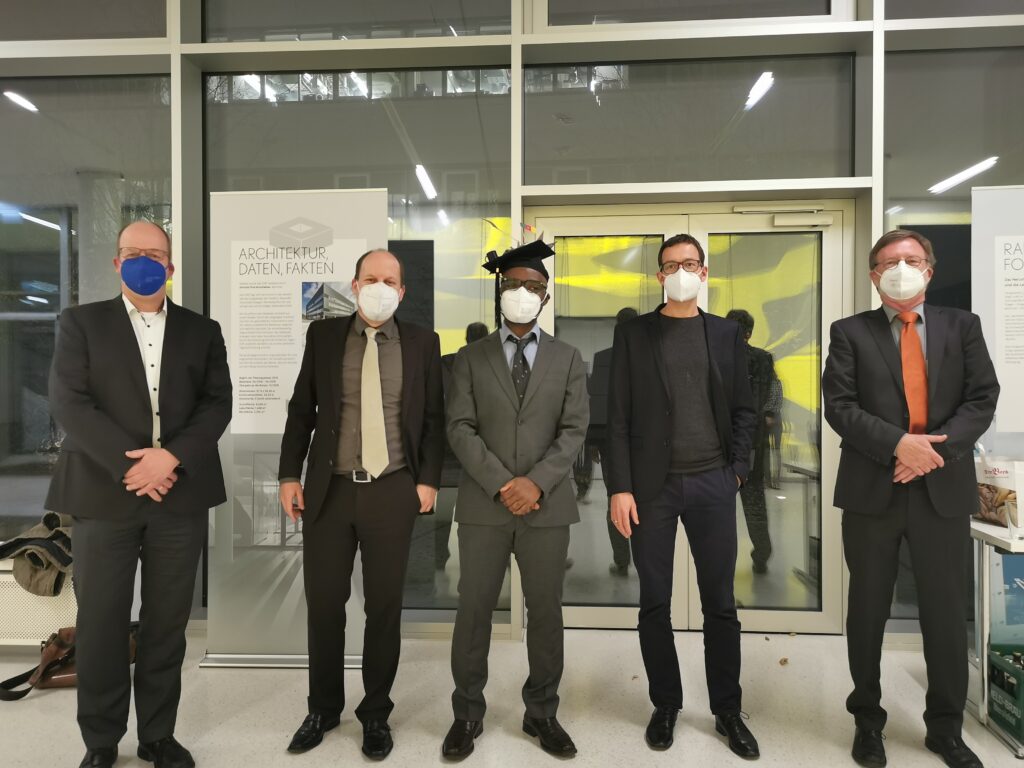We would like to announce the Kavli Institute of Theoretical Physics (KITP) conference entitled:
Structure Design and Emerging Phenomena in Nanoparticle Assemblies: What’s next?
Time: May 15-18, 2023
Location: University of California, Santa Barbara
Registration deadline: April 16, 2023
The conference aims to provide a coherent view of the current state of the field, bringing together researchers with different expertise and backgrounds. It should catalyze the development of new methods, both theoretical, computational and experimental, and define the basic science in this field.
More information can be found at: https://www.kitp.ucsb.edu/activities/nanoassembly-c23
The workshop organizers
Michael Engel, Friedrich-Alexander-Universität Erlangen-Nürnberg
Laura Na Liu, Universität Stuttgart
Monica Olvera, Northwestern University
Eran Rabani, University of California, Berkeley
Alex Travesset, Iowa State University







